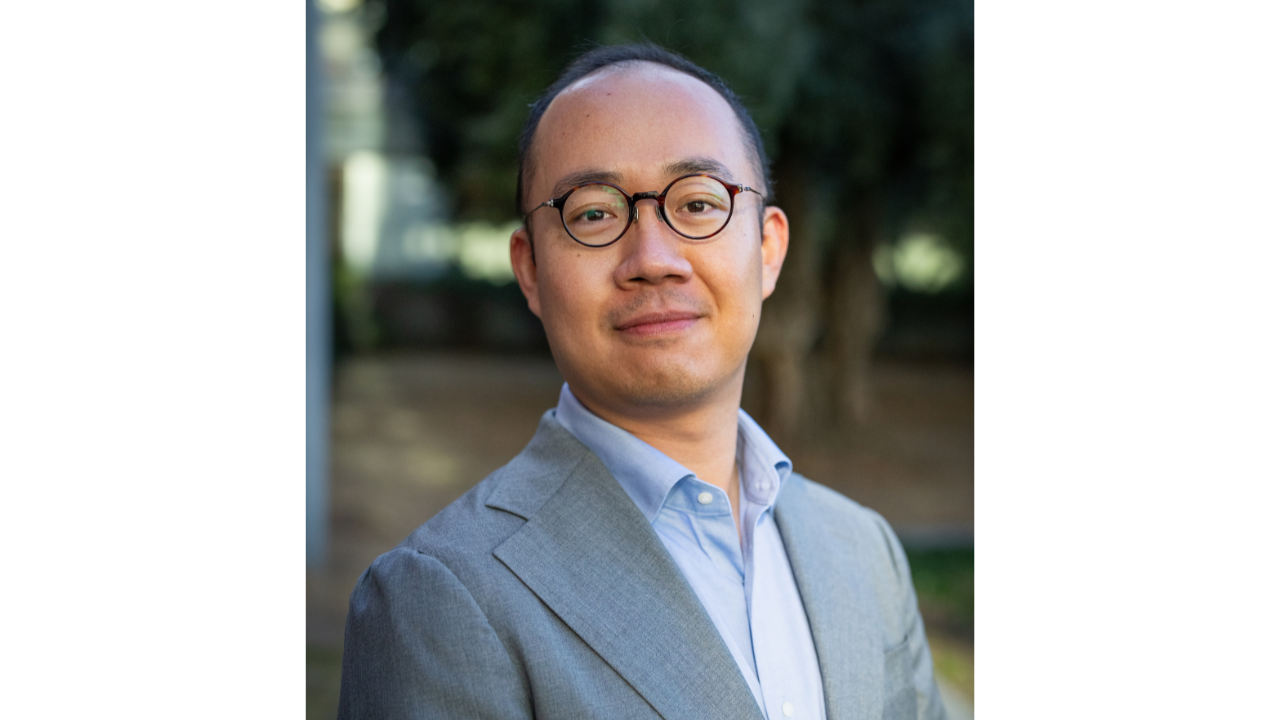
Liang Chen is an Assistant Professor and Wine Chemist in the Department of Viticulture and Enology, where his research program develops innovative analytical approaches to address fundamental scientific questions and practical challenges in wine chemistry.
Liang’s research focuses on developing advanced analytical methodologies and integrating multidimensional chromatography with high-resolution mass spectrometry. These cutting-edge techniques provide unprecedented sensitivity and specificity for comprehensive characterization of complex chemical constituents in wine matrices. By optimizing sample preparation protocols, his laboratory achieves maximum analyte recovery with minimal matrix interference, enabling high-throughput quantification of diverse compound classes. These integrated sample-to-data workflows represent significant advancements in analytical capabilities for wine research.
These methodological innovations are deepening our understanding of wine's chemical complexity and its relationship to sensory characteristics. The enhanced analytical sensitivity permits precise quantification of known flavor-active compounds at ultra-trace concentrations, while optimized sample preparation improves measurement accuracy by reducing matrix effects. These approaches also facilitate the discovery of novel sensory-active molecules through comprehensive non-targeted analyses. Dr. Chen's research also employs chemical synthesis to authenticate newly identified compounds through structural confirmation and sensory evaluation, thereby bridging analytical discovery with functional characterization.
His research program directly addresses pressing challenges facing the California wine industry as changing environmental conditions impact traditional growing regions. With extreme weather events increasingly affecting viticultural practices, significant alterations in grape composition are occurring that may affect regional wine character. Dr. Chen's analytical framework provides critical tools to monitor these compositional changes and inform adaptation strategies. Current investigations focus on characterizing the chemical consequences of heatwave stress on wine aroma and taste profiles, while parallel efforts are focused on improved detection methods for wildfire-induced smoke taint compounds.
By combining state-of-the-art analytical chemistry with contemporary viticultural and enological challenges, his research aims to demonstrate how advanced chemical characterization can guide production decisions while maintaining wine quality standards in a changing environment.
